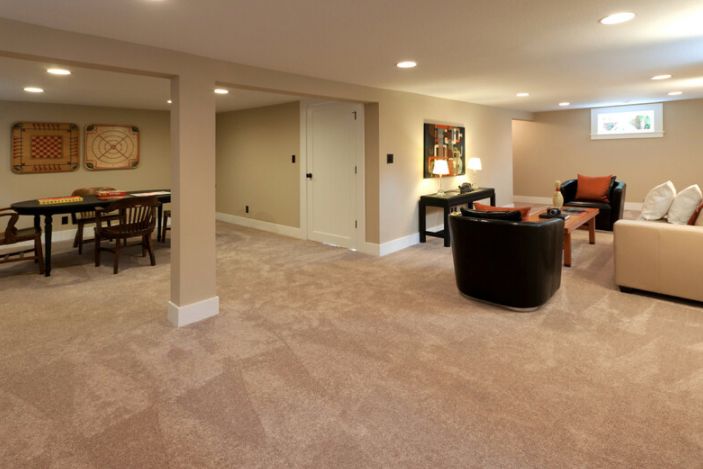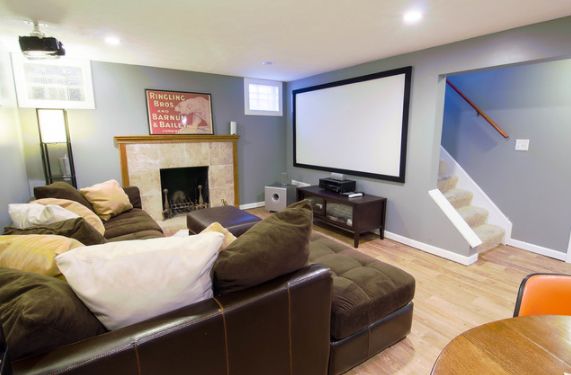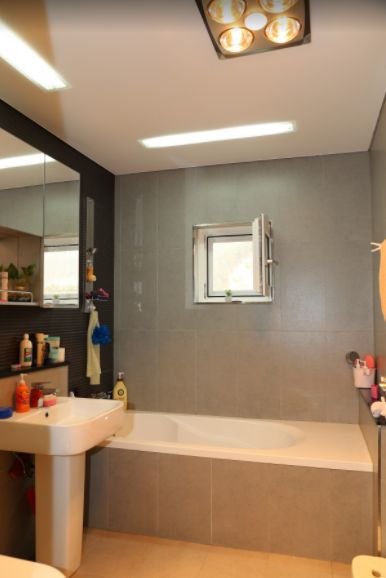A Guide to Basement Window Replacement
Basement windows do not only bring light into your basement, but they also help in providing insulation, reducing noise, beautifying the property, and providing a route for escape during an emergency, explains Real Canadian Management. Despite all these functions, they often get neglected while replacing other windows in the house.
If you are planning to replace your basement windows, you should answer some important questions. This will serve as a guide to your basement window replacement. The questions include:
- Is your basement window due for a replacement?
- What type of window should you use for your basement?
- What is the best size for a basement window?
- What type of frame is the best for basement windows?
- What are the common basement window styles?
Is your basement window due for a replacement?

You should only replace your basement windows when there is a need for it. But how do you know that your basement window needs a replacement? Certain signs will notify you. They include:
- A draft from your window when it is closed. This indicates that air is leaking from your basement window, and it may cause a surge in your energy bills.
- Difficulty in opening or closing your basement window.
- Energy bills become higher than usual. This happens when your window loses the ability to provide insulation to the basement, and the HVAC consumes more energy in an attempt to regulate the temperature in the room.
- Condensation forming between the glass panes. This shows that your basement window is defective to the extent that water and air can penetrate it.
- The window frame is rotting. A rotten basement window frame is unsightly.
The presence of one or more of the signs above is an indicator that it is time to replace your basement windows.
What type of window should you use for your basement?

The type of basement you have will decide the type of basement window you should use. There are two types of basements; the unfinished basement and the finished basement.
An unfinished basement is one that serves as a storage or a laundry room. It houses a fridge, mechanical units like HVAC, washer, or dryer and you don’t spend a long time inside them.
They do not need expensive windows that have upgraded hardware, fancy designs, or energy-efficient features. However, you should not use low quality or inferior windows for your basements.
A finished basement is one that serves as a bedroom or living room. That means you spend more time in these rooms. So your choice of window for this type of basement should be fanciful and efficient. The color should blend with the basement. You can choose white or wood-grain.
The windows in a finished basement can be energy-efficient. Ensure that there is proper insulation and sealing when you use energy-efficient windows. Also, all finished basement needs an egress window; this serves as a route for emergency escape. An egress window makes it easy to escape danger or provides access for safety professionals.
The egress codes for basement windows are:
- The maximum distance from the bottom of the window to the floor is 44 inches.
- It must have an opening that is 5.7 square feet. Enough to allow access for a fully kitted firefighter.
- It should be at least 24 inches tall and 20 inches wide.
What is the best size for a basement window?
There is no uniform size for basement windows, the sizes vary according to the requirements. There are some common sizes, but you should get a custom-sized window for your basement opening to make it airtight. If you opt for a stock sized basement window, you may need to rework the frames.
What type of frame is the best for basement windows?
The best window frame for an unfinished basement is a vinyl window frame, although most window frames are made of wood. For a finished basement, you will want your window frames to match with the rest of the house. So you can opt for premium window frame materials. Steel-frame basement windows are a good option if you want durable frames.
What are the common basement window styles?
There are three common styles of basement windows.
Glass block windows
These are heavy, thick, and obscure glass that allows light and offers privacy. You cannot open them because they are sealed into the walls.
Hopper windows
They have a hinge at the bottom and a chain at the top right or left. It is cranked open towards the inside.
Sliding windows
These are more expensive than the hopper windows. You can only open one half at a time by sliding it from side to side.
In a nutshell: Guide to Basement Window Replacement
Basement windows bring light into your basement, provide insulation, reduce noise, beautify your property, and provide a route for escape during an emergency.
If you are planning to replace your basement windows, you should be able to know:
- If your basement window is due for a replacement
- The type of window should you use for your basement.
- The best size for basement window
- The best frame for basement windows
- The common basement window styles available.
If you are required to enlarge your windows in your basement to the legal requirements of your municipatlity -it is important that you choose a contractor that is experienced in cutting concrete in the foundations of homes. Choose a contractor like us at CanWest Concrete Cutting and Coring, we have over 35 years experience in the industry and the proper insurance coverage and clearance for working on sensitive projects like home foundations.


